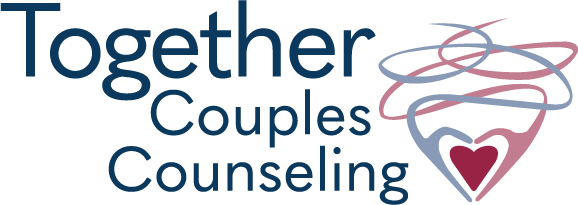Relationships bring joy, connection, and meaning, but they can also create a sense of uncertainty. When things feel unclear, it can be difficult to know what to do next. The good news is that Relational Life Therapy (RLT) offers tools and strategies to help you cope with this uncertainty in a way that builds healthier and more resilient relationships.
Understanding Uncertainty in Relationships
Uncertainty in relationships is common. Relationships are not static; they evolve as both people grow and change. This change often creates confusion, insecurity, and even fear. People may question their connection, their role, or the future of the relationship. RLT helps people navigate this uncertainty by focusing on improving communication, emotional connection, and mutual respect.
Identifying Your Feelings
The first step in coping with uncertainty is learning to recognize your feelings. When you feel unsure about a relationship, it’s easy to get lost in negative thoughts or assumptions. It is essential to stop and ask yourself: What is it that I’m feeling? Are these feelings based on past experiences, fears, or real issues within the relationship?
For example, when faced with feelings of uncertainty, you may express it by shutting down and being dismissive toward your partner when, in reality, you may feel scared or rejected. Understanding the difference between those emotions can impact the way you deal with the uncertainty.
RLT encourages you to pay attention to the thoughts and emotions that arise during uncertain moments. The goal is to bring awareness to these feelings and separate them from the facts of the situation. By recognizing your emotions, you can better manage how you react rather than being swept away by them.
Communicating Openly and Honestly
A major focus of RLT is building clear and respectful communication between partners. When you’re feeling uncertain, it is tempting to withdraw or assume that your partner can read your mind. However, this only increases the uncertainty and distance in the relationship.
Instead, RLT emphasizes the importance of sharing your concerns in a respectful and direct manner. When talking about your feelings, try to use “I” statements rather than blaming or criticizing your partner. For example, instead of saying, “You never reciprocate my effort in planning dates,” try saying, “I feel undesired when we don’t do something special for date nights once in awhile.” This approach helps to keep the conversation focused on your feelings without creating defensiveness.
Managing Expectations
Another core element of RLT is setting healthy boundaries and managing expectations. Uncertainty often arises when one person feels their needs are not being met or when there is a mismatch in what each person expects from the relationship.
It is important to clearly communicate your needs, wants, and limits. RLT helps you understand that setting boundaries is not about controlling the other person but about taking responsibility for your emotional well-being. It is equally important to respect your partner’s boundaries. This mutual respect can help reduce the tension that often accompanies uncertainty.
Seeking Support
Sometimes, managing the uncertainty in relationships can feel overwhelming. It can be helpful to seek support from a therapist to guide you through difficult conversations or situations. Therapy provides a safe space where you can express yourself without fear of judgment. A therapist can help you better understand the dynamics in your relationship, teach you new communication skills, and help you manage emotions in a healthier way.
Conclusion
While relationships come with their share of uncertainty, Relational Life Therapy offers powerful tools to manage that uncertainty to strengthen your connection. By acknowledging your emotions, communicating openly, setting healthy boundaries, and seeking support, you can confidently navigate your relationship’s challenges. Uncertainty will never disappear, but with these strategies and by working with an RLT therapist like me, you will be better equipped to face it together!






